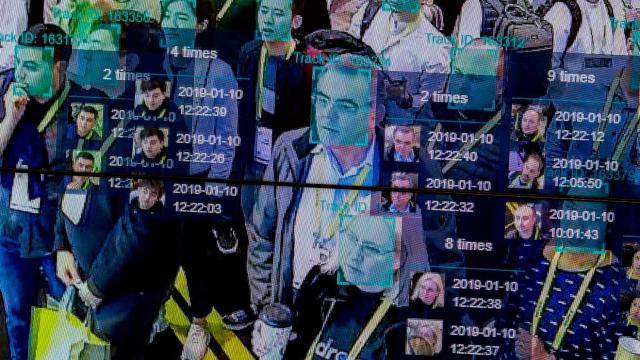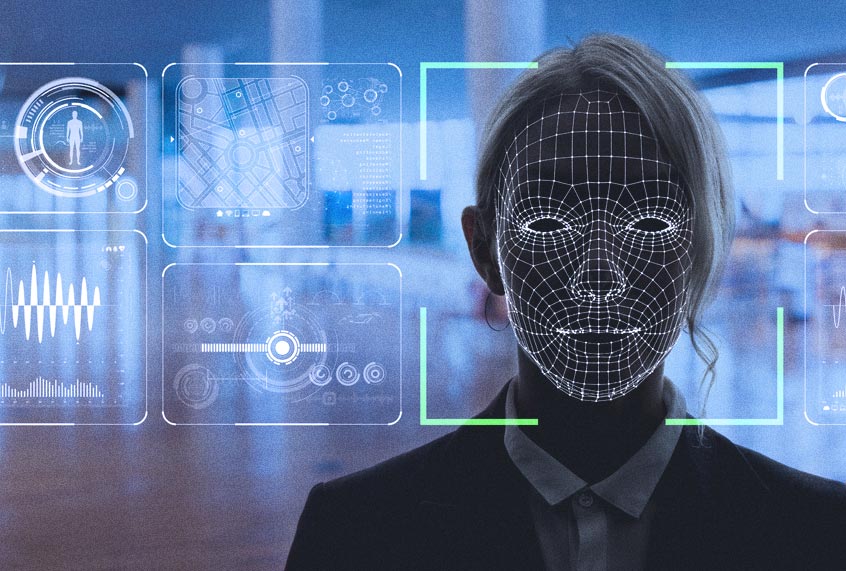
San Francisco’s Board of Supervisors approved an ordinance called Stop Secret Surveillance, making it the first city in the country to introduce a ban on facial recognition software, according to the Los Angeles Times.
Facial recognition systems, which have become ubiquitous in mobile phones, police databases and the motor vehicle departments, are used to help identify people in real life, photos and videos. But critics say the technology is flawed and has a huge negative impact on people of color who may be falsely identified in crimes they didn’t commit.
“Facial recognition software is particularly bad at recognizing [Black people] and other ethnic minorities, women and young people, often misidentifying or failing to identify them, disparately impacting certain groups,” writes the Electronic Frontier Foundation, a nonprofit that defends civil rights in the digital sphere.
The Times writes that the new ban in San Francisco blocks the police and other municipal departments from using the technology, and it marks a major win in an examination of the city’s policies that dates back to the 2014 arrest of Denise Green based on automated license plate reader technology that falsely identified her car as stolen, leading to police holding the Black woman at gunpoint. That examination revealed that facial recognition also presents a threat to freedom.
“We’ve learned a lot about facial recognition and seen how it’s been used in places like China to track and control populations. The public increasingly understands the threat this technology can pose and that isn’t what they want,” Matt Cagle, an American Civil Liberties Union of Northern California attorney, told the Times.
From the ordinance:
While surveillance technology may threaten the privacy of all of us, surveillance efforts have historically been used to intimidate and oppress certain communities and groups more than others, including those that are defined by a common race, ethnicity, religion, national origin, income level, sexual orientation or political perspective.
As the Bay Area continues to introduce new technological advances to the masses, San Francisco’s big brother has been stopped from watching, for now. “We all support good policing, but none of us want to live in a police state,” Board member Aaron Peskin told CNN Business.












